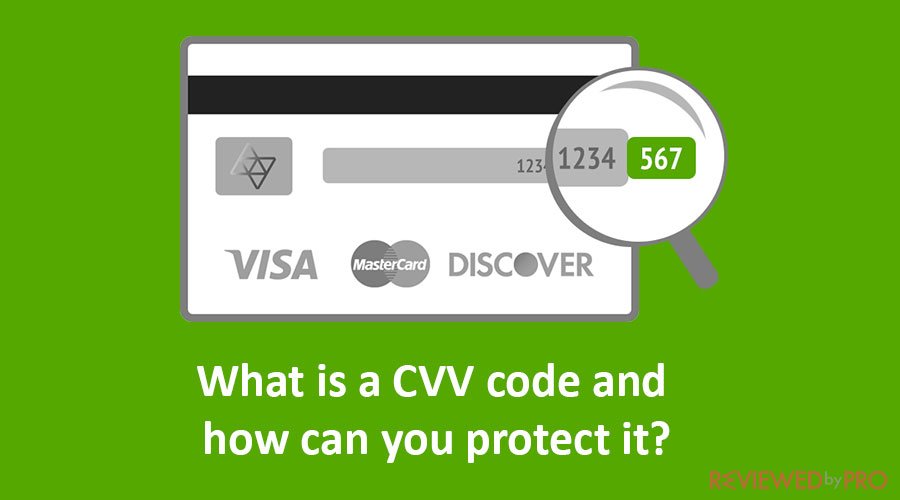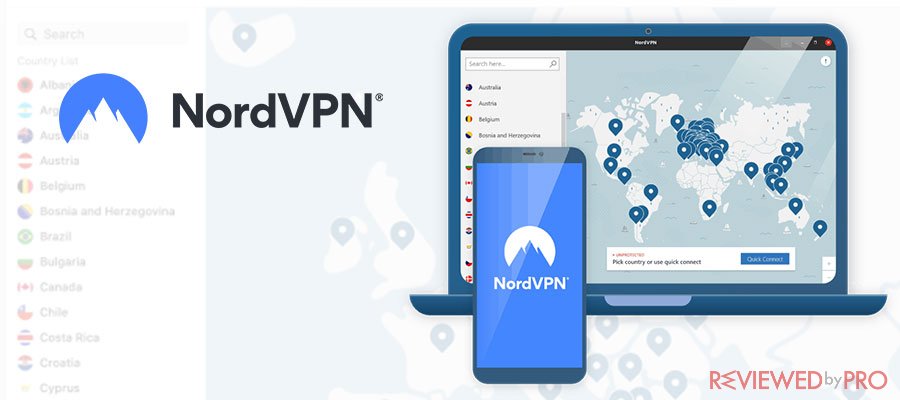
A CVV (Card Verification Value) code, also known as a CVV number, is a three- or four-digit security code printed on the back of most credit and debit cards. Its purpose is to add an extra layer of security when making card-not-present transactions, such as online or over-the-phone purchases.
The CVV code is not embossed or raised like the card number, making it difficult to obtain through physical means. It is typically found on the signature strip on the back of the card, following the card account number. For American Express cards, the four-digit CVV code is printed on the front, above the card number.
To protect your CVV code, it's essential to follow these guidelines:
-
Keep it confidential: Treat your CVV code like you would your card number and PIN. Do not share it with anyone unless you are making a legitimate transaction.
- USE a VPN: Virtual private network is another perfect method to protect your CVV code while beeing online. It will enchance your interet security and privacy, espacially when using a public wifi hotspots.
You never know when the hackers will try to steal your data. -
Be cautious with online transactions: Only provide your CVV code on secure and reputable websites that use encryption to protect your information. Look for “https” in the URL and a padlock symbol indicating a secure connection.
-
Avoid storing CVV information: Do not save your CVV code on websites, apps, or digital platforms. While it may be convenient, it increases the risk of unauthorized access if the platform is compromised.
-
Shield your CVV during physical transactions: When making payments in person, cover the CVV code while handing over your card to prevent others from capturing it with a camera or by visually memorizing it.
-
Regularly monitor your financial statements: Review your credit card and bank statements regularly to detect any unauthorized transactions. If you notice any suspicious activity, report it to your card issuer immediately.
-
Be cautious with communication: Be wary of emails, phone calls, or messages requesting your CVV code. Legitimate organizations and financial institutions will never ask for your CVV code via these channels.
By following these precautions, you can help protect your CVV code and reduce the risk of unauthorized use of your credit or debit card.
Why is a CVV code important?
A CVV code is important because it serves as an additional layer of security for credit and debit card transactions, particularly for card-not-present transactions, where the physical card is not present during the payment process. Here are the key reasons why the CVV code is important:
-
Authentication: The CVV code helps verify that the person making the transaction has the physical card in their possession. Since the CVV is typically not stored on the magnetic stripe or chip of the card, it cannot be easily obtained through card skimming or other unauthorized means. By requiring the CVV, merchants can ensure that the person providing the code has the legitimate card.
-
Fraud prevention: CVV codes add an extra level of security to prevent fraudulent transactions. Even if someone manages to obtain the card number, expiry date, and cardholder's name, they would still need the CVV code to complete most online or over-the-phone transactions. This makes it more challenging for fraudsters to make unauthorized purchases using stolen card information.
-
Liability shift: In certain cases, if a transaction is conducted without providing the CVV code, the liability for fraudulent transactions may shift to the merchant rather than the card issuer. By requiring the CVV code, merchants can demonstrate that they took reasonable steps to verify the legitimacy of the transaction, potentially protecting themselves from liability.
-
Reduced reliance on signatures: With the increasing prevalence of contactless payments and online transactions, the CVV code has become an important security measure. It helps mitigate the reliance on signature verification, which can be easily forged or bypassed. The CVV code provides a more reliable method of authentication for card-not-present transactions.
Overall, the CVV code plays a crucial role in protecting both cardholders and merchants from fraudulent activities. It enhances the security of online and over-the-phone transactions, reducing the risk of unauthorized card usage and helping to safeguard sensitive financial information.
The examples of CVV code scams
There are listed some common types of scams that involve CVV codes. It's important to note that scammers continually develop new methods, so staying vigilant is crucial. Here are a few examples of CVV code scams:
-
Phishing Scams: Scammers may send fraudulent emails or create fake websites posing as legitimate businesses, financial institutions, or service providers. These emails or websites may request users to provide their CVV codes, claiming it is necessary to update account information or verify a transaction. In reality, they aim to collect the CVV codes for unauthorized use.
-
Phone Scams: Fraudsters may call individuals, pretending to be from a reputable organization or financial institution. They may ask for personal information, including credit card details and the CVV code, under the guise of verifying accounts or offering special promotions. Legitimate organizations typically do not ask for CVV codes over the phone.
-
Fake Online Shopping Sites: Scammers may create fraudulent e-commerce websites that mimic well-known retailers. When making a purchase, these sites may ask for the CVV code along with other card details. However, once provided, the scammers can use the CVV code to make unauthorized transactions.
-
Data Breaches: In cases where companies experience data breaches and customer information is compromised, including card details, hackers may gain access to CVV codes as well. They can then sell this information on the dark web or use it for fraudulent purposes.
It's essential to be cautious and take preventive measures to protect yourself from CVV code scams. Avoid sharing your CVV code unless you are certain of the legitimacy of the transaction or request. Regularly monitor your bank and credit card statements for any suspicious activity and report any unauthorized charges to your card issuer immediately.
 |
|
| Official website | www.nordvpn.com |
| Our Rating |  (Excellent – 4.9/5) (Excellent – 4.9/5) |
| Available applications |  |
| Money-back guarantee | 30-days |
| Price from | $3.49/month (-70% deal) |
| Visit website |  |
| More information | NordVPN review |




